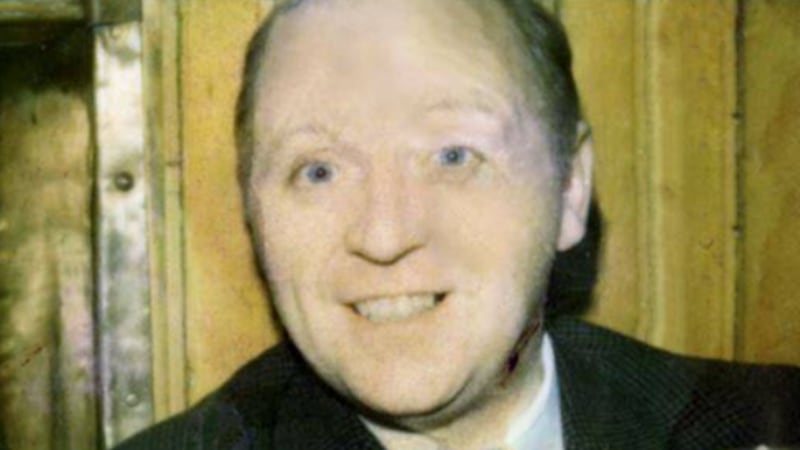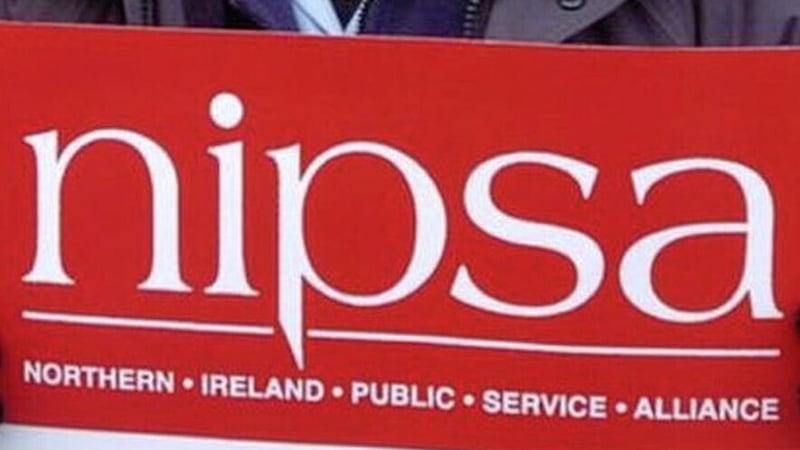A LEADING body which represents GPs has said the government's interim guidance on abortion gives much-needed clarity and assurance to medics.
The advice for healthcare professionals covers the period from October 22 to March 31, in the event that the Assembly is not reconvened within the next fortnight.
Chair of the Royal College of General Practitioners Northern Ireland, Dr Grainne Doran, said doctors had repeatedly asked for clarity on what information they could provide to patients who wanted to access abortions.
“The guidance that has been issued is very welcome and clarifies for medical professionals the pathway for patients to access services that will be legally available on the health service in Northern Ireland, should changes come into effect on October 21," she said.
"Medical and health professionals across Northern Ireland have been highlighting their concerns and questions about the lack of information available on what changes to abortion legislation would mean in practice."
READ MORE:
- Analysis: Landmark abortion guidelines pave way for unprecedented legal change (Premium)
- Timeline: Abortion campaign has gone on for decades
- Medics to be asked to use expert discretion in termination cases
She said the body had been pushing the Northern Ireland Office and the Department of Health & Social Care for appropriate guidance for months.
"This guidance should provide reassurance for practitioners and outlines what is expected between late October and March 2020 when it comes to supporting their patients with information, conscientious objection and care pathways," she said.
“While women have been entitled to services on the NHS in England since 2017, guidance has not previously been issued to medical professionals to officially inform how this could be communicated to women seeking such services.”
Although the guidelines have been broadly welcomed, they have also come in for some criticism.
Grainne Teggart, Amnesty's Northern Ireland campaign manager, said: “We’re just two weeks away from seeing these much needed and anticipated reforms take effect – in a matter of days no one will be treated as a criminal for accessing or providing this healthcare service, and all current prosecutions will be dropped."
Alliance councillor Nuala McAllister has also welcomed the guidance.
She said: “Last week we saw the judgement in the case of Sarah Ewart, and these guidelines confirm what should have been the case all along.
"Women in Northern Ireland who have the awful diagnosis of fatal foetal abnormality in pregnancy will now be given the choice to be cared for in their home, in their own hospitals, surrounded by the people they love for support."
Green Party leader Clare Bailey said the guidance "comes as a relief".
"Significantly, women who have used abortion pills can now seek medical advice without the fear that their GP may report to police," she said.
"It's also a positive development for people who need an abortion in Great Britain and will have their medical, travel and accommodation needs met.
"I am also relieved for the local mother who has faced criminal proceedings for the past six years for assisting her daughter in ending her pregnancy with abortion pills and whose case will be dropped."
The Royal College of Midwives (RCM) director for Northern Ireland Karen Murray welcomed the guidelines but said they would have preferred to see "more explicit direction" in the conscientious objection guidance for midwives.
"Those midwives with an objection to participating in abortions are due and deserve the same right to conscientiously object as their colleagues throughout the UK," she said.
Ms Murray said the RCM will be working to provide practical support to its members.
However, the Society for the Protection of Unborn Children (SPUC) has described the guidance as "truly appalling".
Liam Gibson, the society's Northern Ireland political officer, said: “...children in the womb will have no statutory protection from abortion before they are capable of being born alive.
“There will there be no investigation of the use of illegal abortion drugs purchased online. Nor will there be criminal sanctions to protect women against unscrupulous abortion doctors."
Meanwhile, Aontú has organised a series of public protest meetings across the north.
Deputy Leader Councillor Anne McCloskey said: “We have less than two weeks to stop this shocking bill. If it’s not stopped, abortion-on-demand up until 28 weeks gestation will be legal in the north of Ireland.
"An unborn child at 28 weeks is fully formed. Indeed many premature babies are born now as early as 24 weeks. We will have gone from one of the most protective areas in the world for reborn humans to being one of the most extreme."
The Northern Ireland Human Rights Commission, which advised the Secretary of State on the guidance, said they were pleased their advice had been "mostly followed".
But chief commissioner Les Allamby said the interim facility to allow women to travel to Great Britain "can only be a temporary arrangement" and that a requirement to travel "will give rise to continuing human rights violations".
For this reason, he added, the commission had advised that where women and girls are unable to travel, it is vital that access to abortion services is made available in Northern Ireland.





